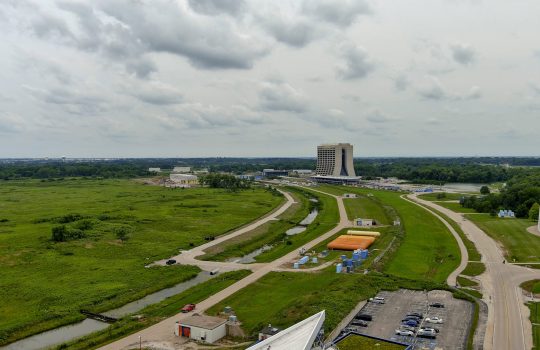The particle accelerator: the brightest magnifying glass in the universe
MSN, Sept. 30, 2024
From National Geographic Spain, right click to translate. Why are particle accelerators so important as machines that help us find the answers to the questions of how the universe works and why we are here.



